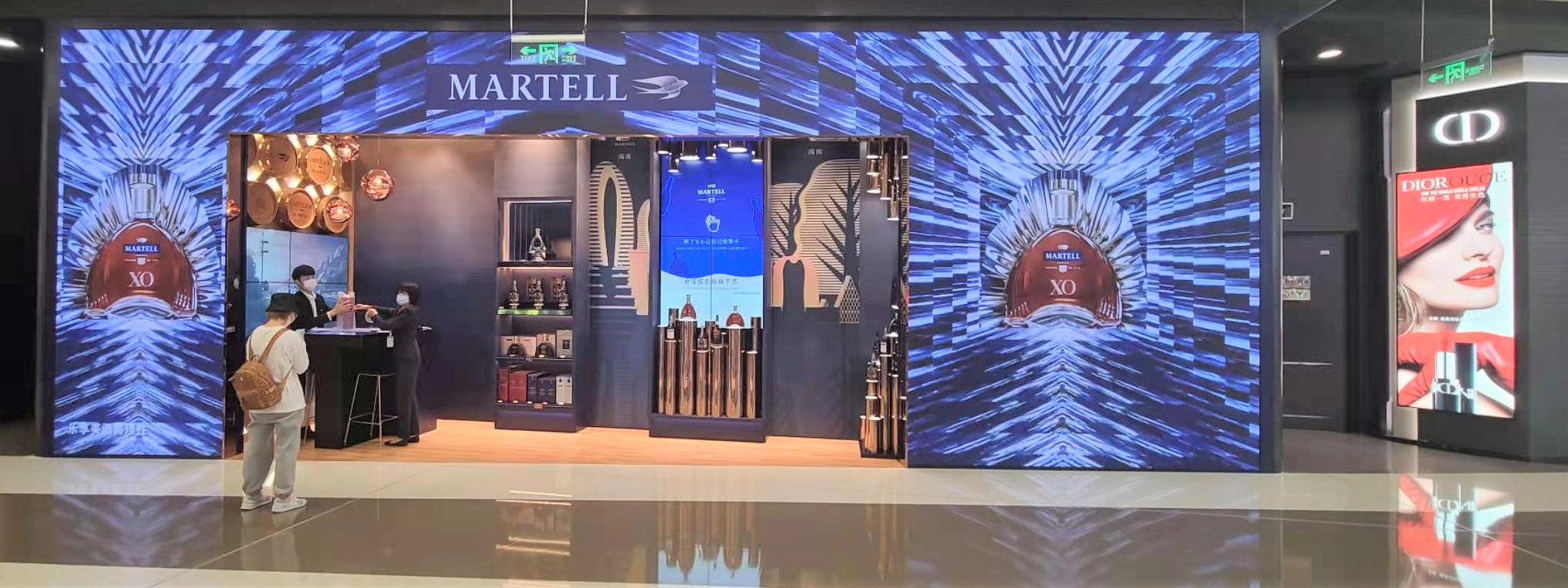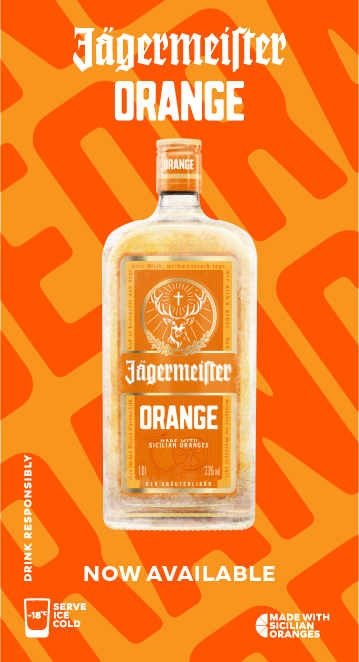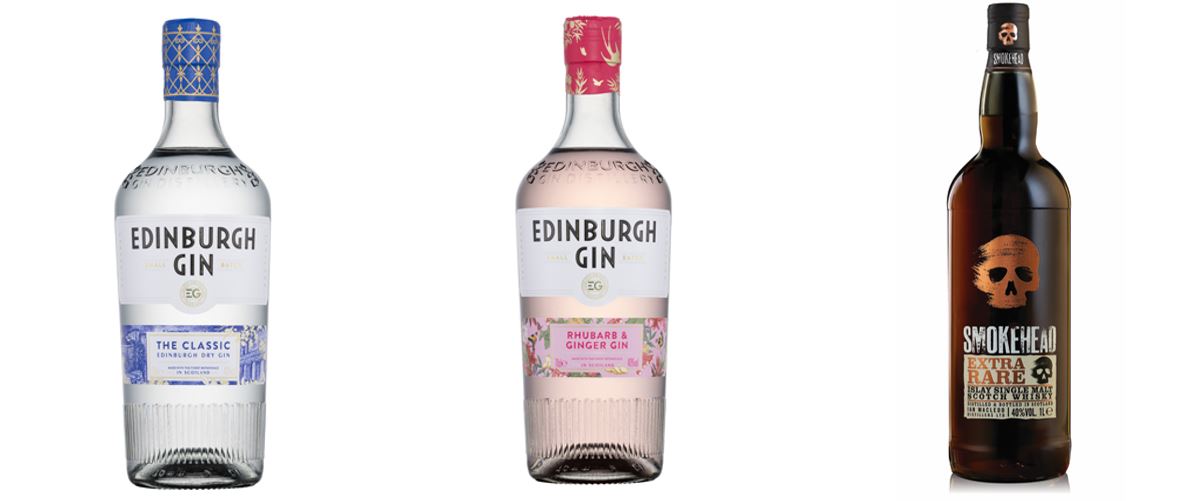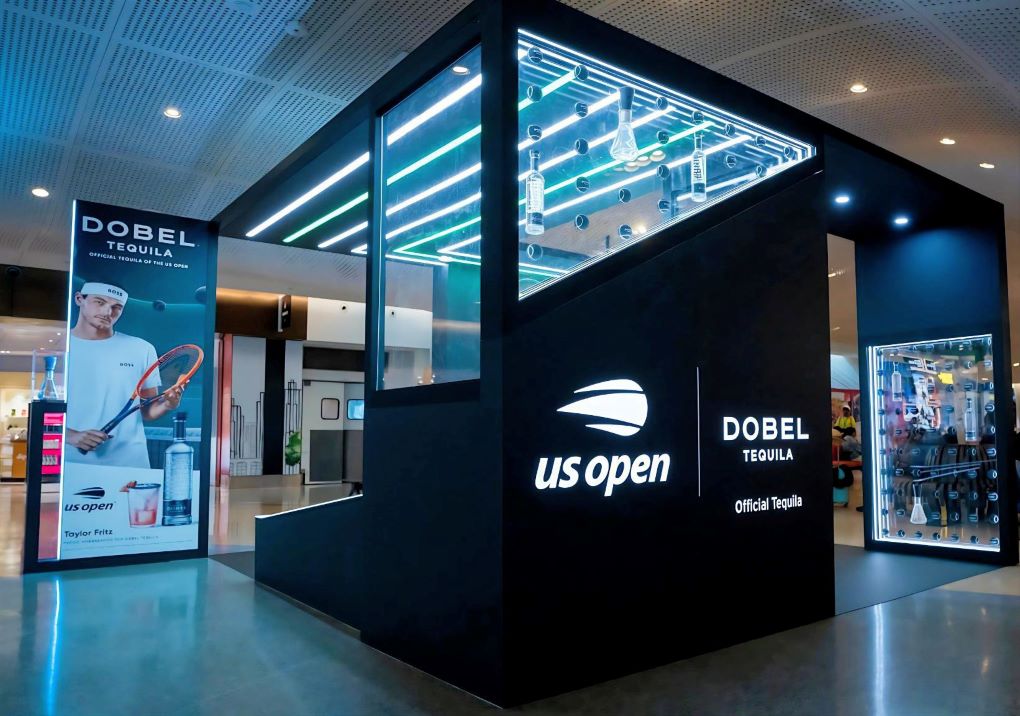Pernod Ricard Global Travel Retail (PR GTR) has announced the introduction of what it calls an “industry-first” Life Cycle Analysis (LCA) Tool, dedicated to retail merchandising, as part of its commitment to leading the channel’s sustainable transformation.
Life Cycle Analysis predicts the impact of projects in a cumulative manner over their life cycle stages. It means the LCA tool helps the brand owner to assess the potential environmental impact of its short and long-term retail activations.
Launched as “a stake in the ground for environmental progress”, the LCA Tool is part of a focus on ‘Circular Making’, one of the four pillars constituting the Pernod Ricard Group’s global Good Times From a Good Place Sustainability & Responsibility strategy (see graphics below). The objective is to reduce carbon footprint and minimise waste.
The custom-built tool, developed in partnership with PIE Factory, a B Corp certified sustainable design consultancy, is ground-breaking in making sustainable merchandising a possibility in travel retail, said the company.


It allows Pernod Ricard Global Travel Retail to assess the environmental implications of design options for activation units such as wall-bays, gondolas and boutiques, including supplier choice, material selection, modularity, power consumption, logistics arrangements, end of life material destination and overall lifecycle carbon footprint. This enables it to accurately track data, set targets and publicly report on the impact and improvement of retail projects over time.
The move to eco-design as a standard practice for developing merchandising and point-of-sale materials (POS), is ground-breaking in the wines & spirits industry, said the brand owner, with Pernod Ricard Global Travel Retail making a commitment that all new retail projects will be guided by the LCA Tool, effective since July 2021.

The global launch of the LCA Tool for retail merchandising follows trials in the Martell boutique with China Duty Free Group at the Sanya International Duty Free Shopping Complex in Haitang Bay, Hainan. Retail units designed with the tool showed an almost -20% reduction in carbon footprint over their lifecycle.
Pernod Ricard Global Travel Retail CEO Mohit Lal said: “Our Life Cycle Analysis Tool for retail fixtures is critical in driving our ambitions for sustainability forward. As of now, all our retail projects will be conceived with the tool, which means they will all comply with our carbon reduction objectives. Every company involved in travel retail has a role to play in our industry’s sustainable transformation and our eco-design LCA tool is one example of how Pernod Ricard is leading the way.”
Daniel Worboys, Global Head of Retail Design at Pernod Ricard Global Travel Retail, added: “We’re beyond excited and optimistic about the potential of our LCA tool in helping shape sustainable retail units. As data and innovation play an important role in the planning, management and evaluation of our efforts, it will help us track the progress of our contribution to our group’s wider targets. I look forward to working with our partners on new retail projects and bringing sustainable design to travellers around the world.”
Alongside adopting eco-design principles using the LCA Tool for all new merchandising projects, key Pernod Ricard commitments to circular making include:
- Ensuring 100% of packaging is recyclable, reusable, or compostable by 2025
- Ensuring 100% of POS is recyclable, reusable, or compostable by 2030
- Achieving net zero in our own operations and reducing by 50% the intensity of our overall carbon footprint by 2030 and becoming a net zero carbon business by 2050
- Sourcing 100% renewable electricity for all offices and production sites by 2025
- Reducing water use by 20% by 2030
- Ensuring digital wall displays are as energy efficient as possible and boutique spaces are created to last a minimum of five years.










